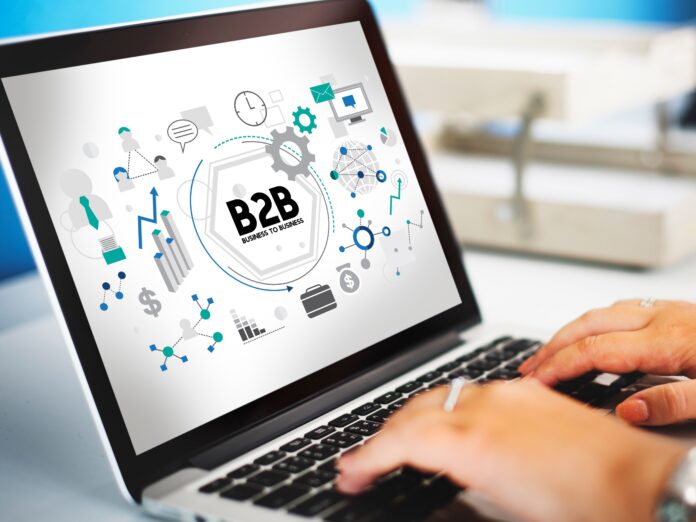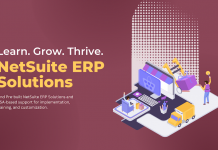Business-to-Business (B2B) and Business-to-Customer(B2C) are entirely different business terms. B2B transactions can be between;
- The manufacturers and wholesalers
Or
- The wholesalers and retailers
While B2C transactions involve dealings between the retailers and the end-users. Besides this, the buying processes of B2B and B2C are also different from each other.
Here we shall talk about the differences between the B2B and B2C buying processes to give you a better understanding of both.
So, shall we start?
Differences Between B2B and B2C Buying Processes
The following is the list of key differences between B2B and B2C buying processes:
1. B2B Customers Actively Identify the Needs to Meet Business Strategy While B2C Customers Do No Such Thing
The buying process starts with the identification of the problem for both B2B and B2C customers. However, in a best wholesale marketplace, customers are likely to identify the problem proactively and look for solutions.
B2C customers identify their problem just like B2B customers, but the advertisement and other marketing material often sway them. To understand it in a better way, let’s see an example.
A B2C customer will identify that he is not sleeping well, so he needs to buy a mattress. He may be influenced by marketing and purchase a mattress even if he is sleeping well.
2. The B2B Buying Process is Longer Than B2C
B2B buying process is often longer than B2C. that is because it involves strategic decision making, which is often absent in the B2C buying process. B2B customers evaluate factors like:
- The cost of products or services.
- The reputation of the supplier.
- The features and functionalities of the product.
- The quality of the product.
- The market demand for the product.
On the other hand, B2C customers consider simplistic factors such as:
- Value for money
- The reviews of the product.
- Brand reputation.
3. B2B Customers Buy Only Products That Meet Their Specifications While B2C Customers Are More Flexible
When wholesale customers consider buying products, they start looking at the product’s specific features and benefits. They only purchase products that meet their criteria of specified functionalities.
In contrast, B2C customers are considered emotionally-driven individuals. They know what they need, but they rarely have specifications in their mind.B2C customers are much more flexible than B2B customers. They are susceptible to impulse purchases, and they often forgo their initially selected product if they find a better one.
4. B2B Customers Care About Post-Purchase Services While B2C Customers Do Not Much Care Once the Sales Are Made
Both B2B and B2C buyers care about receiving excellent customer service from their sellers. B2C customers do not expect or care about customer services once the purchase is made.
In comparison, B2B customers care a great deal about post-purchase services. They want consistently excellent customer service from their supplier even after the purchase. B2B customers expect to receive the following from their suppliers after the sale:
- They expect a follow up from the supplier to check how they are doing and if they need anything else.
- They want their supplier to send additional resources related to the recent purchase.
- They also expect their supplier to send material that they might find interesting.
- They expect their suppliers to stay available 24/7 to resolve any issue they might encounter.
B2B customers want their suppliers to be available for them whenever they experience a problem. That is why the best way to earn B2B customers’ loyalty is by responding to them quickly and resolving their issues.
5. B2B Decision Making May Involve Several Parties While B2C Buying Decision Depends on an Individual
B2B buying decisions are often finalized after consulting with multiple parties such as stakeholders, management, and board members.
There is also a formal approval process involved in B2B decision-making. B2C decision-making ultimately depends on an individual’s will to finalize the purchase.
Final Thoughts
B2B and B2C are different from each other in many ways. B2B customers have to consult with several parties before deciding to purchase products. In contrast, a B2C customer makes a buying decision according to his will. We hope that the differences mentioned above will help you understand the dissimilarities between B2B and B2C buying processes.











